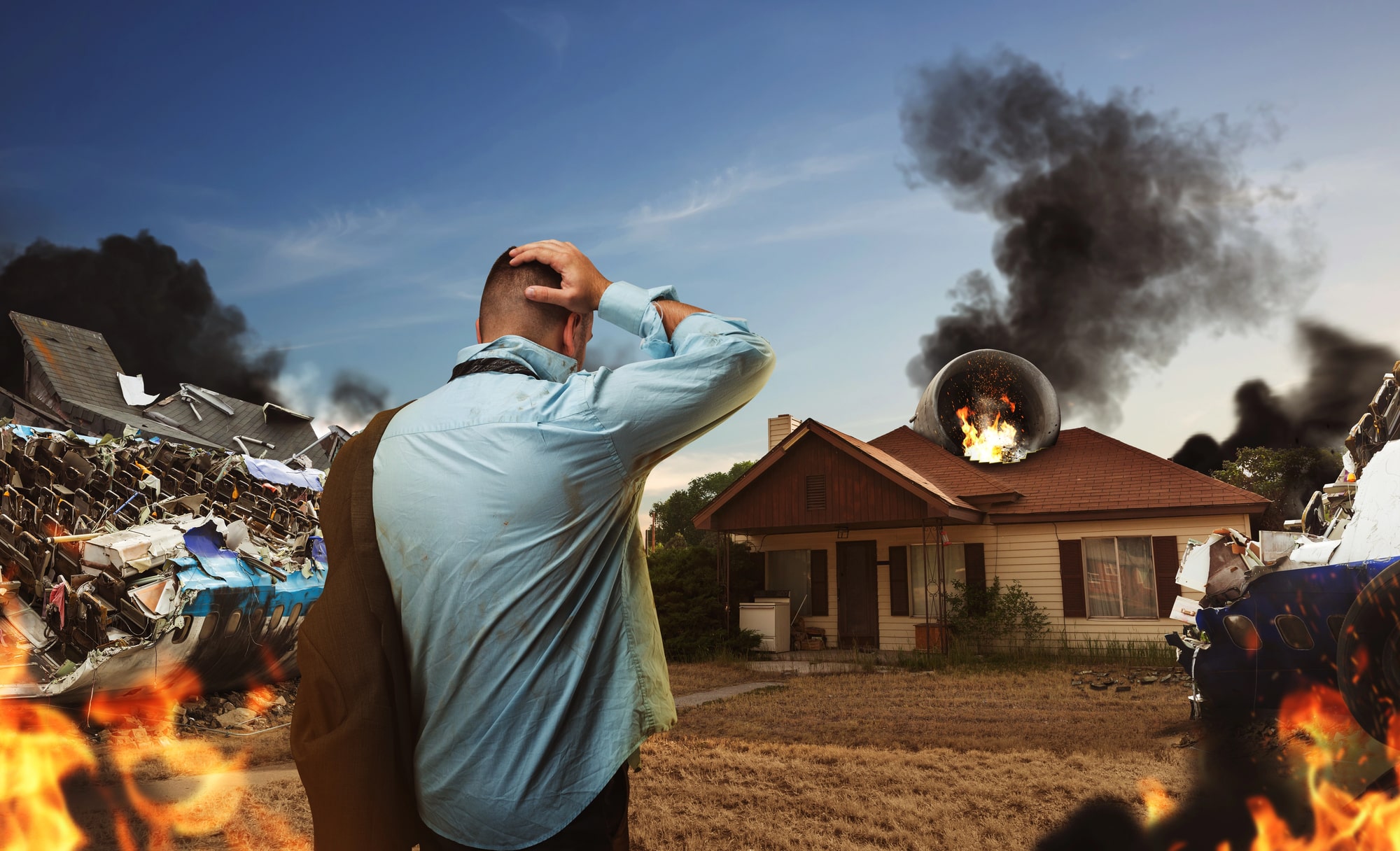A house fire can be one of the most overwhelming experiences we ever face. In just moments, our homes, belongings, and sense of security can be taken away. After the fire is out and the immediate danger has passed, we’re left to pick up the pieces—and that’s when the insurance process begins. One of the first people we’ll hear from is the insurance adjuster. While they may seem helpful, it’s important to remember that they work for the insurance company, not for us.
Knowing how to handle conversations with adjusters can make a big difference in how smoothly the claim process goes—and how much we ultimately recover.
Why It’s Important To Be Cautious
Insurance adjusters have a job to do, and that job is to protect the company’s financial interests. That means they’re trained to minimize payouts whenever possible. They’ll ask detailed questions, request statements, and often try to get information early in the process before we fully understand the extent of the damage or losses.
We’ve seen cases where honest answers were later used to deny or reduce valid claims. That’s why we should be mindful of what we say and avoid agreeing to anything before we’re ready.
What To Avoid Saying During Early Conversations
One of the biggest mistakes we can make is downplaying the damage or making assumptions about what caused the fire. Statements like “it might have been my fault” or “we probably didn’t need that much coverage anyway” can hurt us later. Even simple remarks made during stressful moments can be used out of context.
It’s also best not to guess when answering questions. If we don’t know the answer, it’s okay to say so. And we should never give a recorded statement without getting proper guidance. Once it’s on record, we can’t take it back.
Why Documentation Matters
Insurance claims after a fire depend heavily on documentation. That includes photos of the damage, receipts for repairs or lost items, and written communication with the insurance company. Keeping a clear record helps us stay organized and strengthens our case if there’s a dispute later.
We should document every conversation with the adjuster, including dates, times, and what was discussed. This helps create a paper trail that supports our position and prevents misunderstandings.
The Benefit Of Having Legal Support
Having someone in our corner who understands how fire claims work can make the process less stressful and more effective. A legal team can review the insurance policy, explain what coverage is available, and step in if the insurance company isn’t acting in good faith.
At Kiefer & Kiefer, we’ve worked with families and homeowners who felt overwhelmed and uncertain after a fire. In many of these cases, just having someone review the insurance offer and speak with the adjuster on their behalf helped protect their rights and improve the outcome. If you’re looking for our New Orleans, LA house fire lawyer, it’s important to connect with someone familiar with how these claims play out locally.
If your home has been damaged by fire and you’re dealing with an insurance adjuster, contact us today. We’ll walk through your situation and help you avoid the common mistakes that can affect your claim. At Kiefer & Kiefer, we’re here to make sure your recovery starts with the support you need.



